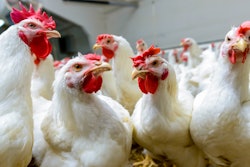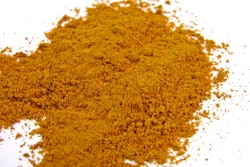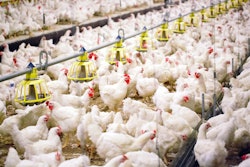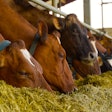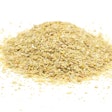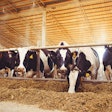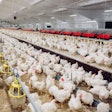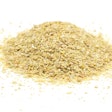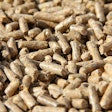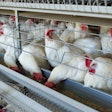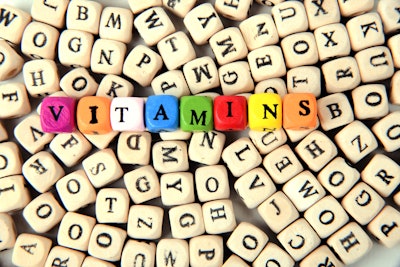
Vitamins remain one of my favorite nutrients to discuss. Today, in the evolving poultry industry, vitamin nutrition plays an even more important role in ensuring the health, growth and productivity of each flock. This manifests in the shorter life span of broilers and the extended egg cycles of layers. In this blog, we will explore the importance of certain vitamins in modern poultry nutrition, the role of modern techniques in delivering these vital nutrients, and the benefits of optimizing vitamin intake. Lacking a proper authoritative guideline, each nutritionist has developed their own.
Vitamins are natural compounds required in small quantities for the proper functioning of various metabolic processes in poultry. Vitamins are categorized into two groups: fat-soluble vitamins (A, D, E and K) and water-soluble vitamins (B-complex and C). Each type of vitamin plays a unique role in maintaining the health and performance of poultry.
Fat-soluble vitamins
Vitamin A: Essential for vision, immune function and reproductive health, especially now that antibiotics are becoming less desirable.
Vitamin D: Critical for calcium and phosphorus absorption, promoting strong bones and eggshell formation, again even more important with 500-egg cycles.
Vitamin E: Acts as an antioxidant, protecting cells from oxidative damage, especially in high-fat feeds.
Vitamin K: Necessary for blood clotting and bone metabolism, and also in mycotoxin-contaminated feeds.
Water-soluble vitamins
B-complex vitamins: Includes B1 (thiamine), B2 (riboflavin), B3 (niacin), B5 (pantothenic acid), B6 (pyridoxine), B7 (biotin), B9 (folate) and B12 (cobalamin). These vitamins are involved in energy metabolism, feather development, immune function and more. They are all different compounds and not a single molecule as many believe. There is no such thing as vitamin B.
Vitamin C: Enhances the immune system and aids in stress management. It is not required by poultry as they can produce it internally, but it is being used in certain conditions, such as heat stress.
The right balance of vitamins is important
Modern poultry nutrition relies on premixes and supplements that are specifically formulated to provide the right balance of vitamins. These premixes are tailored to meet the dietary requirements of poultry at various stages of growth and production, ensuring optimal vitamin intake. In addition, certain vitamins are being administered through water, especially when feed intake is depressed. Water-soluble forms of fat-soluble vitamins are rather expensive, but quite often needed and rather effective.
Overfeeding vitamins will not likely harm birds, unless there is a gross mixing error, but it will diminish profitability. Vitamins are required in miniscule amounts and their recycling nature negates overfortification. Modern manufacturing ensures feed is delivered fresh and on time, also negating large margins of safety against lost vitamin potency during storage. And, not all vitamins are prone to such storage-related destruction.
The role of vitamins in disease remains controversial. Certainly, some vitamins are needed in greater amounts during a disease, while others are not needed as much. When it comes to deciding what to do, again, each nutritionist has to rely on their own understanding of the literature.


